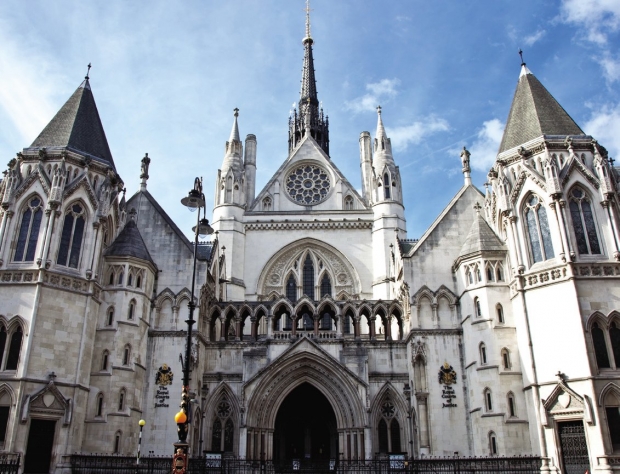A judicial challenge by the Labour MP Tom Watson and the Conservative MP David Davis has been upheld by judges, who found that the Data Retention and Investigatory Powers Act (Dripa) 2014 is "inconsistent with European Union law".
The act required internet and phone companies to keep their communications data for a year and regulates how police and intelligence agencies gain access to it.
Now it seems that the government will now have to pass fresh legislation that must come into effect before the end of March.
Lord Justice Bean and Mr Justice Collins declared that section 1 of the act "does not lay down clear and precise rules providing for access to and use of communications data" and should be "disapplied". The judges said the order should be suspended until after 31 March 2016 "to give parliament the opportunity to put matters right".
Basically the law has two problems. It does not provide for independent court or judicial scrutiny to ensure that only data deemed "strictly necessary" is examined. It also fails to define what constitutes "serious offences" in relation to which material can be investigated.
The judges relied on an earlier decision, known as Digital Rights Ireland, by the European Court of Justice in Luxemburg, which is binding on UK courts.
Davis and Watson said that the law allowed the police and security services to spy on citizens without sufficient privacy safeguards. They said the legislation was incompatible with article eight of the European convention on human rights, the right to respect for private and family life, and articles seven and eight of the EU charter of fundamental rights, respect for private and family life and protection of personal data.
They pointed out that the law was not limited to cases involving serious crime, that individual notices of data retention were kept secret, and that no provision was made for those under obligation of professional confidentiality, in particular lawyers and journalists. Nor, they argued, were there adequate safeguards against communications data leaving the EU.
The Home Office is to appeal against the ruling, which, it warned, may result in police and investigators losing data that could save lives.
Home Office security minister, John Hayes, said: "Communications data is not just crucial in the investigation of serious crime. It is also a fundamental part of investigating other crimes which still have a severe impact, such as stalking and harassment, as well as locating missing people, including vulnerable people who have threatened to commit suicide."




